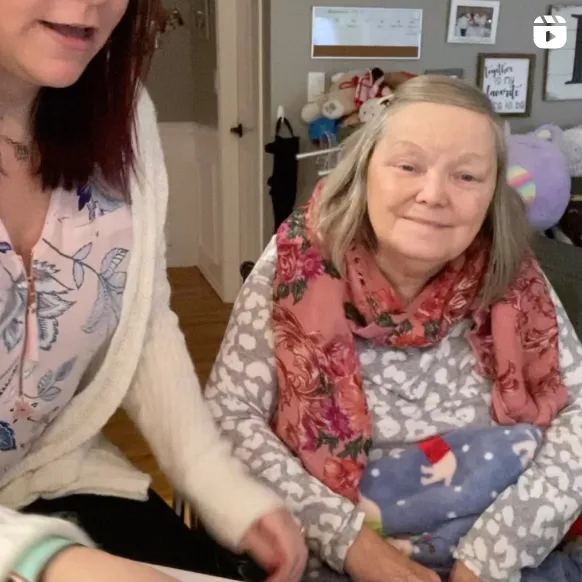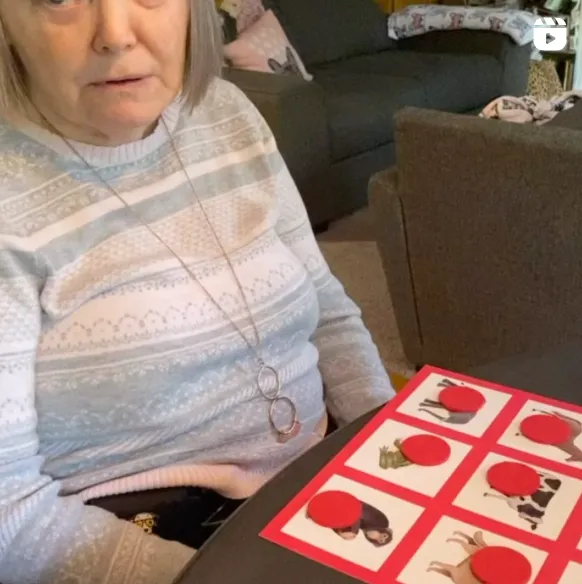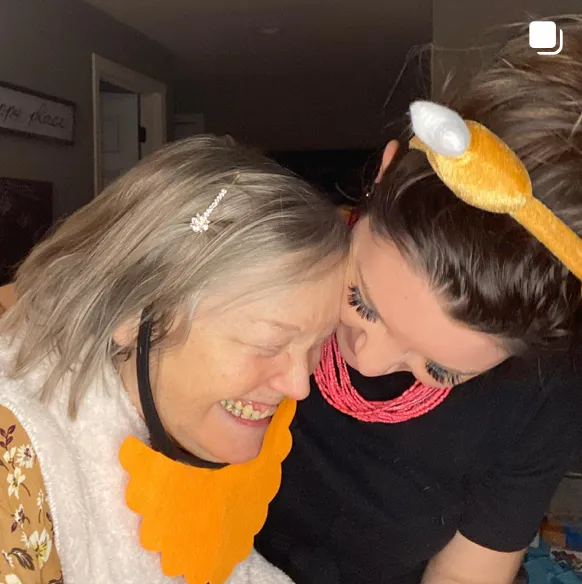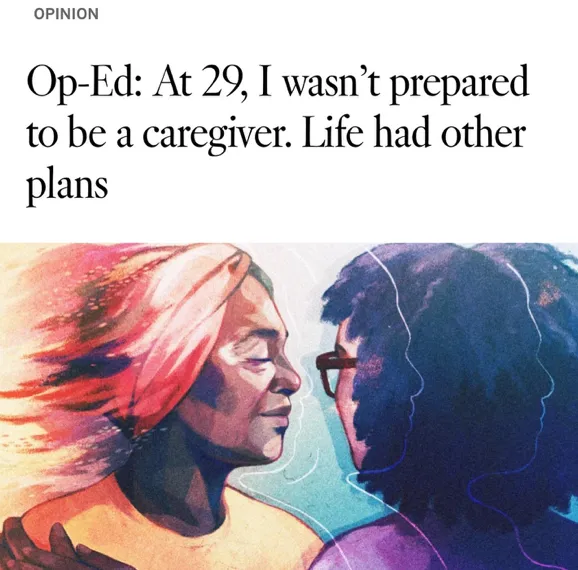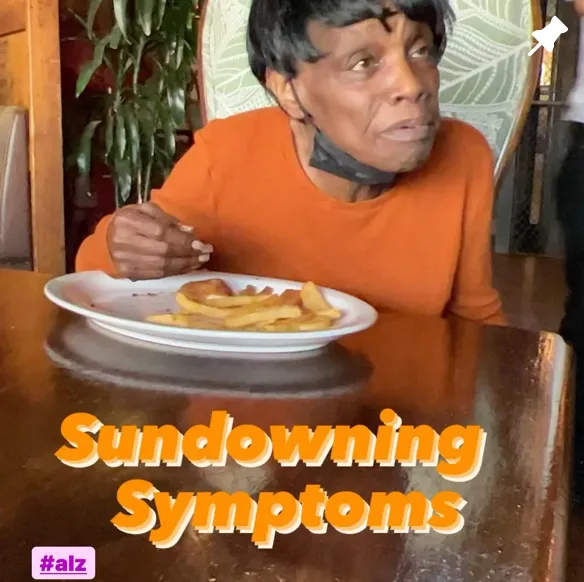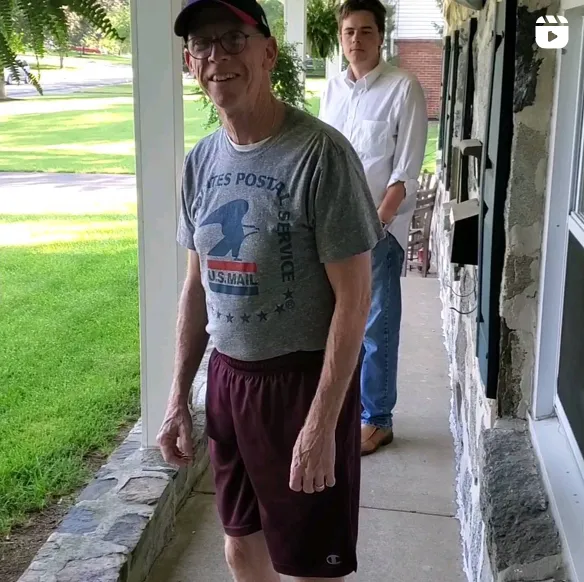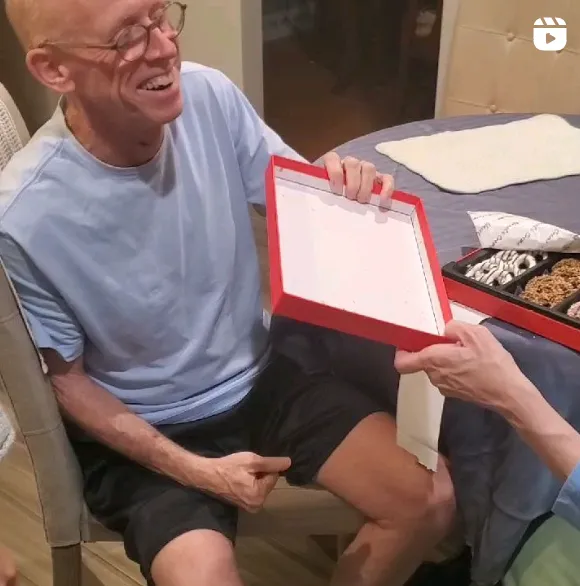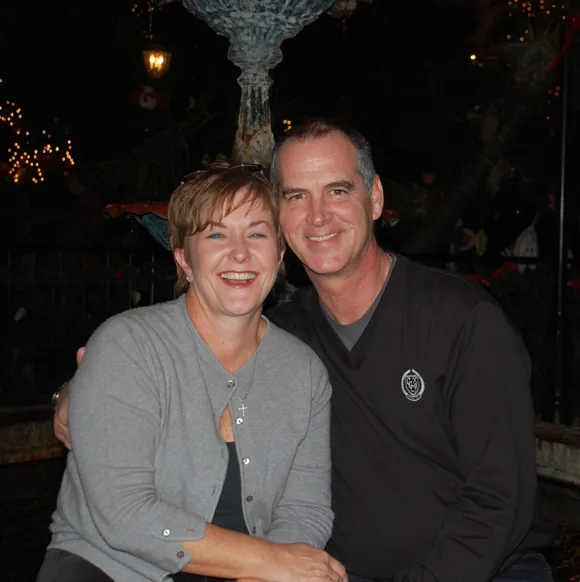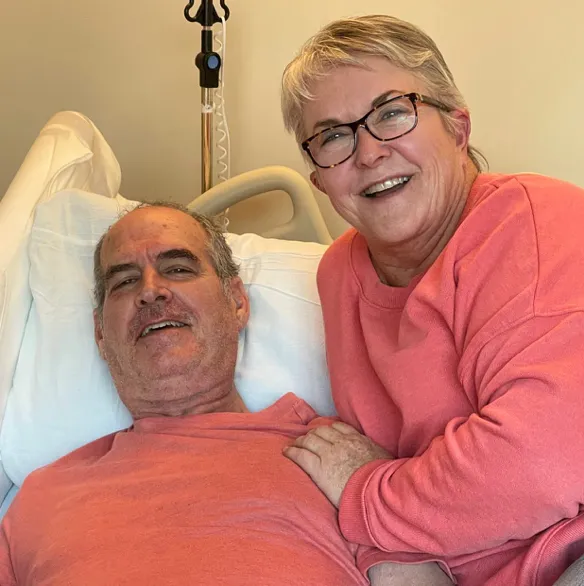The desire to advocate for a marginalized group often comes from a place of purpose, passion and the pursuit of social inclusion and equality. Wunmi Bakare and Teonna Woolford are two Black women with unique approaches to sickle cell advocacy — Wunmi focuses on erasing the stigma of sickle cell disease through proactive engagement with the media and Teonna fights to end the disparities in sickle cell reproductive health.
Their schedules are anything but a nine-to-five routine because they are haunted by chronic pain and fatigue caused by an underlying blood disease called sickle cell anemia. Below, they describe, in their own words, the drive behind their advocacy and what their days look like.
The Stigma of Sickle Cell Disease
Sickle cell anemia is a life-threatening, genetically-inherited blood disorder that can lead to serious health complications like infection, stroke, organ damage and chronic pain.
According to the New England Journal of Medicine, there may be no patient population whose health care and outcomes are more affected by racism than those with sickle cell disease (SCD). The genetic mutation that causes SCD primarily originated from the African continent, so most patients with sickle cell living in the United States have a shared African ancestry, i.e., Black Americans. Even though sickle cell can affect people of all races, the U.S. has been slow to develop disease-modifying therapies because of inadequate research funding that can partially be attributed to structural racism.
Beyond those equity barriers, the authors of the NEJM article explain, the standard of care has been breached by implicit bias and racist attitudes expressed by health care workers who ignorantly dehumanize patients with SCD. All too often, health care providers label these patients as drug seekers and accuse them of faking their pain, resulting in inadequate treatment and more suffering.
Implicit bias in health care means the hospital is no longer a safe space for patients with SCD. We know that we can’t rewrite history, but as advocates, we are quintessential parts of the ecosystem for change. Our goal is to inform lawmakers and health leaders to reverse policies and allocate resources to fund treatment advancements for patients globally.
A Closer Look at Wunmi’s Daily Tasks
Change begins with action and immersing myself into the world of patient advocacy was no small feat. On average, I spend 10 to 15 hours a week consulting on grassroots initiatives. The long hours are the result of an obligation to raising awareness, erasing stigma and ensuring equitable outcomes for patients in the global community through #SickleCellProdigy.
Starting The Morning Off
A typical day for me starts as early as 6 a.m. with prayers and low-impact yoga because surrendering to God and strengthening my core helps me to better manage stress. I take my morning pills, scroll through emails and list out action items for the day. Unlike most advocates in the sickle cell space, I work as a full-time publicist, juggling meetings, overseeing brand partnerships and scheduling press interviews.
My strategy for patient advocacy is uniquely informed by a decade-long career in media/communications. For many years, I studied the depiction of sickle cell disease in the media — magazines, film, television and social media — upset by the false narrative that was put forth. Someone needed to take ownership of telling our stories in a meaningful way by featuring inspiring yet successful patients with SCD and I rose to that media challenge.
I spend the later part of my morning on Google Trends, taking stock of the latest stories and insights on sickle cell disease, then I prepare for media planning and content strategy meetings.
Business Hours
Once I’m done with PR clients, I devote three to four hours to advocacy. My time is spent on conference calls, brainstorming story ideas, proofing gene therapy educational materials, crafting feature editorials for Health Union, producing a YouTube series called “The Diary of a #SickleCellProdigy” and consulting for Beam Therapeutics and Vertex Pharmaceuticals.
Even though I’m a stem cell transplant survivor, I actively stay on top of new treatment options available to patients in the U.S. and Nigeria. Losing friends and family to this disease makes my fight personal. No matter how exhausting it gets, I remind myself that many advocates walked so a #SickleCellProdigy like me could run. What better way to honor the contributions of those we’ve lost than to build on their legacy.
A Closer Look at Teonna’s Daily Tasks
Teonna Woolford is the CEO and Founder of the Sickle Cell Reproductive Health Education Directive (SCRED) — the first and only 501(c)3 organization that focuses on reproductive health. SCRED strongly advocates for high-quality sexual and reproductive health care for individuals living with all types of sickle cell disease. Teonna holds multiple roles in the sickle cell space, consulting for pharmaceutical companies and sitting on the board of SCD working groups and committees. Below, in her own words, she tells us about her day.
Starting the Morning Off
I have a consistent morning routine — I wake up, go for a walk and try not to check emails so they don’t overwhelm me. Then I make myself some tea, listen to worship music and try to make my way to my home office an hour before my first meeting.
Business Hours
As a full-time advocate, I have a hectic work schedule especially during conference season, when I attend events like the European Hematology Association Conference in Vienna and the Foundation for Sickle Cell Disease Research Symposium. Advocacy involves a fair amount of traveling for speaking engagements, presentations and business meetings, which are often held in different cities across the U.S.
Whenever there are conferences, I always try to take advantage of it because it presents an opportunity to get all the right people in the room — researchers, lawmakers, pharmaceutical companies, advocates, caregivers and medical experts. I come up with an action plan and try to network with as many people as possible.
I can admit it; I struggle to have a good work-life balance and lean on my mentors for support and advice. Although I do miss big family moments due to work commitments, my ultimate goal remains to offer fertility preservation grants to sickle cell patients undergoing curative therapies.






































